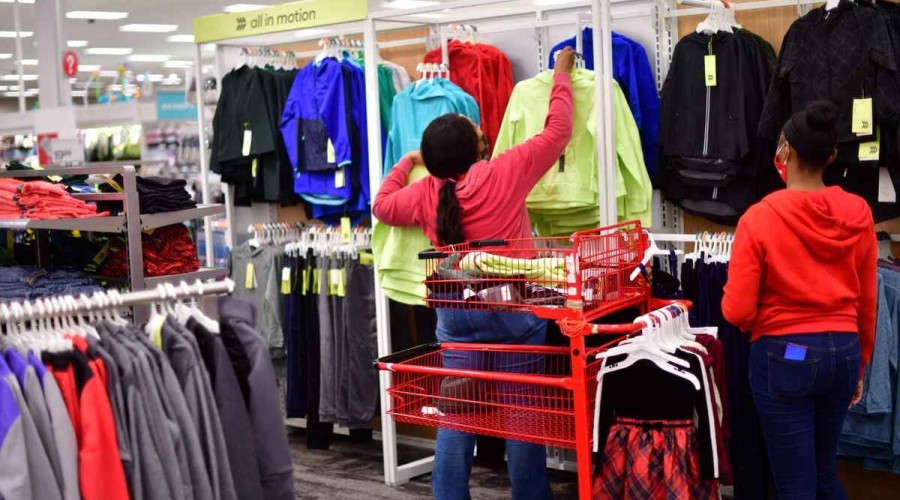Rising cost of living hurts U.S. consumer confidence; house prices soar
We can never underestimate the U.S. consumer

U.S. consumer confidence eased modestly in May as persistently high inflation and rising interest rates force Americans to become more cautious about buying big ticket items, including motor vehicles and houses, which could curtail economic growth, Qazet.az reports.
The survey from the Conference Board on Tuesday also showed consumers' perceptions of the labor market softening a bit this month. Though the drop in confidence was small, it suggested that the Federal Reserve's aggressive monetary policy actions to slow demand were starting to have an impact.
"We can never underestimate the U.S. consumer," said Jennifer Lee, a senior economist at BMO Capital Markets in Toronto. "But plans to pull back on purchases, and become a little more cautious, is something that the Federal Reserve would welcome as it aims to cool demand."
The Conference Board's consumer confidence index slipped to a reading of 106.4 this month. Data for April was revised higher to show the index at 108.6 instead of the previously reported reading of 107.3. The index remains above its pandemic lows.
It has fared much better than the University of Michigan's survey, where the consumer sentiment index is at an 11-year low. The Conference Board survey puts more emphasis on the labor market.
The survey's so-called labor market differential, derived from data on respondents' views on whether jobs are plentiful or hard to get, fell to 39.3 this month from a reading of 44.7 in April. That was the first time in a year that this measure, which correlates to the unemployment rate from the Labor Department, was below 40.
About 12.5% of consumers viewed jobs as "hard to get," up from 10.1% in April. On face value it suggests that the jobless probably ticked up from a two-year low of 3.6% in April.
Despite consumers' somewhat unfavorable perceptions, the labor market is tightening, with the Conference Board noting that "they do expect labor market conditions to remain relatively strong, which should continue to support confidence in the short run."
There were a record 11.5 million job openings on the last day of March and an all-time high 4.5 million workers resigned.
Stocks on Wall Street were lower. The dollar was steady against a basket of currencies. U.S. Treasury prices fell.

